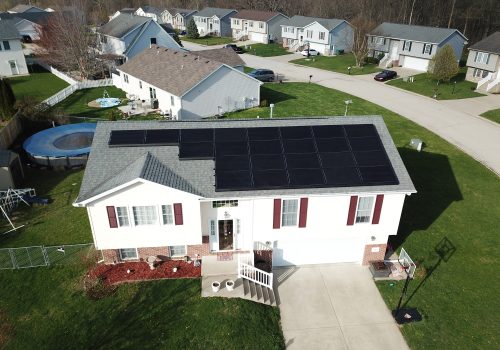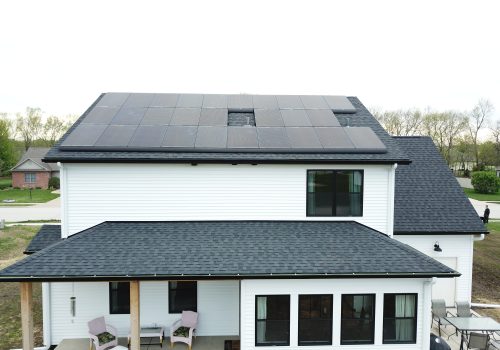
If you are interested in solar power, you may find yourself asking, “Leasing V. Buying Solar Panels: Which is Better?” The good news is that either option will allow you to use sustainable energy, save money on utility bills, and reduce your impact on the environment. However, there are key differences and advantages that come with buying solar panels rather than leasing them. Here is what you need to know when it comes to the debate of leasing vs. buying solar panels.
You own the solar panels when you purchase them upfront or finance them with payment plans. In fact, Sun Collectors offers customers financing plans that offer no money down payment with plans as low as $49 a month. Meanwhile, you do not own the solar panels when you sign a lease agreement. In exchange for using the solar panels, you will need to make a monthly payment to the solar panel company for as long as you use them. Therefore, the key difference is ownership. When you buy solar panels, you will no longer make payments on them after you pay for them upfront or pay off a loan. This is a key difference to consider when trying to answer the question – leasing vs. buying solar panels: which is better?
Many customers see the upside of getting access to solar power without an upfront cost when it comes to leasing solar panels. However, they may not realize what they are losing out on by not buying the solar panels. When you lease the equipment, you are not eligible to receive the federal Solar Investment Tax Credit (ITC). The ITC is a one-for-one dollar amount reduction on income tax that you would have to pay for the year on your income taxes. For example, a solar system that costs $20,000 allows you to claim 30% off in income taxes. As a result, will owe $6,000 less in incomes taxes. Thus, the credit essentially lowers your total cost to $14,000. You should factor those savings into your decision when deciding whether to buy or lease solar panels.
Properties with solar panels are more valuable than comparable properties that are still on the grid. However, homes with leased solar panels can complicate real estate transactions when owners are looking to sell. Your lease may not allow you to move the solar panels or transfer the lease to the new homeowner. In that instance, you will need to pay the company from which you are leasing the solar panels a significant fee to break your lease.
If you have the money, buying solar panels will ultimately save you more money in the long run. However, you will only experience those savings if you intend to stay in your home long-term. It might make sense to lease if you are considering a move soon. After all, you may not get a full return on your investment if you only live in the home for a few years after installing solar. This is especially true if the new home buyers do not see the value in solar. If you decide to move solar panels to your new home, it could cost you between $4,000 to $8,000. Therefore, you should factor how long you plan to stay in your home when answering the question – leasing vs buying solar panels: which is better?
If you plan to stay in your home long-term, you receive many more advantages when buying solar panels compared to leasing them. Here are the top benefits you can receive by purchasing solar panels:

Sun Collectors is a local solar panel company that has installed more than 3,000 systems, saving our customers nearly $377 million in energy costs. We specialize in residential, commercial, and agricultural solar systems in Peoria IL, Decatur IL, Bloomington IL, Springfield IL, Tazewell County IL, and surrounding communities in Central Illinois. In addition, we also work with clients in Richmond VA, Chester VA, Glen Allen VA, and Hanover County VA. We can provide you with no money down financing and payments as low as $49 per month. Contact us to learn more about why buying solar panels makes more sense than leasing them.